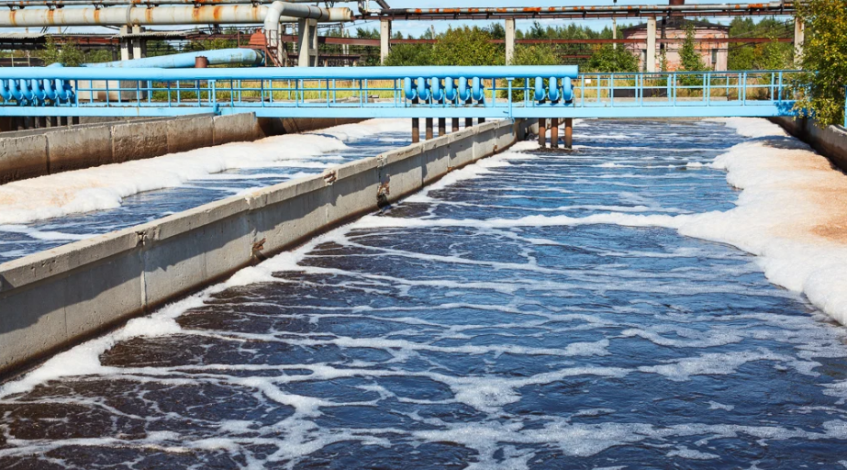Infrastructure of urban India is in very poor state and is way behind to meet the demand of rapid urbanization. Existing water supply in all the cities of India is irregular and short in supply. In such an environment, it is important to understand the availability of water and the changes in water demand due to increased industrialization and rapid increase in population of urban India. Based on the available information, comprehensive planning of available fresh water and recycled water is needed to be developed. All this needs active involvement of all the stakeholders.
India is becoming a water scarce area. Only 13 percent of all wastewater in India is recycled. Sanitation is a not only a social challenge but also an economic challenge as good portion of GDP is lost due to poor sanitation. As per the study conducted by MoUD in 435 cities of the country, none of the city has been categorized under group ‘good’, only four cities are in ‘OK’ category, and rest of the cities are either in ‘Bad’ or in ‘Very bad’ category.
Wastewater, it’s a problem as well as solution. So, how to reuse wastewater? Cities don’t prefer wastewater treatment and reuse as they prefer to release water in water bodies than convince users to reuse it. Delhi has given some very good examples on ‘reuse of wastewater’, which should be reviewed and included in city plans.
Some of the suggestions to encourage reuse of wastewater in urban areas:
- Proving to people that wastewater is not waste but an economic resource.
- Wastewater manual/related documents are available in English. These should be translated in vernacular language and should be easily and freely available.
- Document on best practices of wastewater should be prepared.
- Prepare City Sanitation Plan. This should include end to end cost, realistic picture of available wastewater of the city, find sources of financing, how to recover the cost? Etc. Moreover, the ‘City Sanitation Plan’ should be holistic and integrated. Holistic approach should be worked out at national level also.
- Many multinational organizations have shown interest in wastewater reuse, like World Bank, KfW etc. This fund should be leveraged for research and other needed support in wastewater.
- Cities near the Ganga basin should leverage funds from “Ganga Action Plan’, which is supporting the cities for reuse of wastewater.
BUT…. A question arises!!
Does sewer water get reused?
In some parts of the world, the wastewater that flows down the drain – yes, including toilet flushes – is now being filtered and treated until it’s as pure as spring water, if not more so. It might not sound appealing, but recycled water is safe and tastes like any other drinking water, bottled or tap.
Why we need to recycle wastewater and how?
- Wastewater is a resource which is readily available
- Water is an issue – availability is an issue – there is a competitive demand from all the sector – the available source is wastewater.
- Cities are not comfortable because of high urban growth and increasing demand
- Lack of natural source of water within city
Considering all these facts, recycle and reuse of water should be made mandatory and the needed work should be prioritized. Following factors should be considered before installing the wastewater treatment plant:
- Is the needed technology is easily available and is it affordable?
- Is the technology environment efficient?
- What is the funding pattern to establish and run the recycling unit?
- Are all the cities are in position to regularize their wastewater as governance in small cities is an issue?
The most compelling answer to all your questions regarding an environment efficient, affordable,easily available solution Waste-Water Treatment Solution Is-
HYPER FILTERATION PRIVATE LIMITED
Contact Us Right Away to find the Customized Solutions Today Itself!

